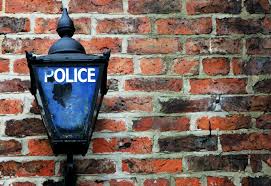Police cautions, warnings and penalty notices (UK)
Police cautions, warnings and penalty notices
The police or Crown Prosecution Service can give you a caution (warning) or a penalty notice if you commit a minor crime.
The rules are different in Scotland.
Cautions
Cautions are given to anyone aged 10 or over for minor crimes – for example writing graffiti on a bus shelter.
You have to admit an offence and agree to be cautioned. You can be arrested and charged if you don’t agree.
A caution is not a criminal conviction, but it could be used as evidence of bad character if you go to court for another crime.
Cautions can show on standard and enhanced Disclosure and Barring Service (DBS) checks.
Conditional cautions
You have to stick to certain rules and restrictions as part of a conditional caution, eg:
- going for treatment for drug abuse
- fixing damage to a property
You could be charged with a crime if you don’t stick to the conditions.
Penalty notices for disorder
Penalty notices for disorder are given for offences like:
- shoplifting
- possessing cannabis
- being drunk and disorderly in public
You can only get a penalty notice if you’re 18 or over.
You’ll be asked to sign the penalty notice ticket. You won’t get a criminal conviction if you pay the penalty.
You can ask for a trial if you disagree with the penalty notice. You’ll get a bigger fine if you don’t ask for a trial but don’t pay the fine.
You can pay a fixed penalty online.
Source: gov.uk
Last updated: 1 August 2020




